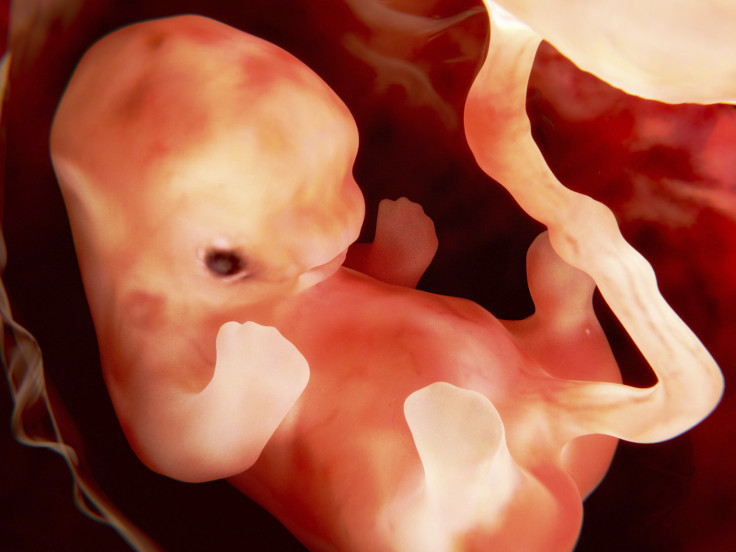Toxic air pollution particles found in unborn babies
Soot particles were even present in the livers, lungs, and brains of the aborted foetuses.
A new study has found that air pollution particles can cross the placenta and reach babies in the womb.
The study was conducted by researchers from the University of Aberdeen and Hasselt University, Belgium. It found that soot nanoparticles can get into the organs of foetuses.
To study the impact of air pollution, the scientists examined 60 mothers and their babies in Aberdeen and the Grampian region in Scotland. Not only that, but they also studied tissue samples from 36 foetuses that had been aborted between seven and 20 weeks of gestation.
They found evidence of "black carbon particles" in umbilical cord blood. The soot particles were present in all mothers and their newborns. These particles were even present in the livers, lungs, and brains of the aborted foetuses.
The study further states that the level of particles found in a foetus was directly linked to the amount of air pollution its mother had been exposed to.
"We all worried that if nanoparticles were getting into the foetus, then they might be directly affecting its development in the womb," said Professor Paul Fowler, from the University of Aberdeen.
"What we have shown for the first time is that black carbon air pollution nanoparticles not only get into the first and second trimester placenta but then also find their way into the organs of the developing foetus, including the liver and lungs," he adds.
This is the first time a study has found the presence of soot particles in developing foetuses.
Soot is made up of tiny black carbon particles – usually about 2.5 micrometres or smaller – which are produced by the burning of fossil fuels. Chronic exposure to high levels of these particles can lead to lung damage, cancer and other conditions.
According to the World Health Organization, nearly 4 million people die prematurely each year due to diseases caused by household air pollution alone.
The findings, published in the journal Lancet Planetary Health, are worrying since the gestation period of foetuses is the most important stage of human development.

© Copyright IBTimes 2025. All rights reserved.






















